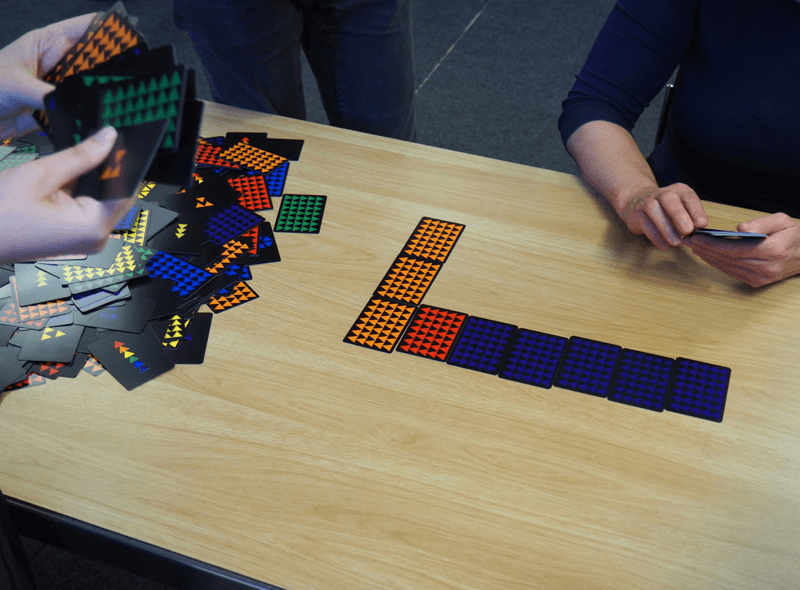SCRaMbLing Human-Yeast Relations: A Methodological Experiment as ArtiSTS
Tarsh Bates, The University of Western Australia; Erika Amethyst Szymanski, University of Edinburgh; Devon Ward, Symbiotica, University of Western Australia
Sydney 2018: Methods and Practices

Through an artwork in the form of a card game, we aimed to reflect the randomness (and, consequently, waste) of SCRaMbLE while investigating its paradoxically collaborative/antagonistic human-yeast relationships. Our own design process speaks to the difficulty of attempting an experiment with artistic, social scientific, and natural scientific legitimacy which aims for critical cross-disciplinary knowledge production rather than criticism as its goal. This work speaks to the possibility and the benefit of working close to the science without running headlong into it, to how art becomes a method and a technique for more-than-human scholarship, and to how art and STS scholarship can together explore affective dimensions of shared research questions in ways not bound by the conventions of rational scholarly discourse.
